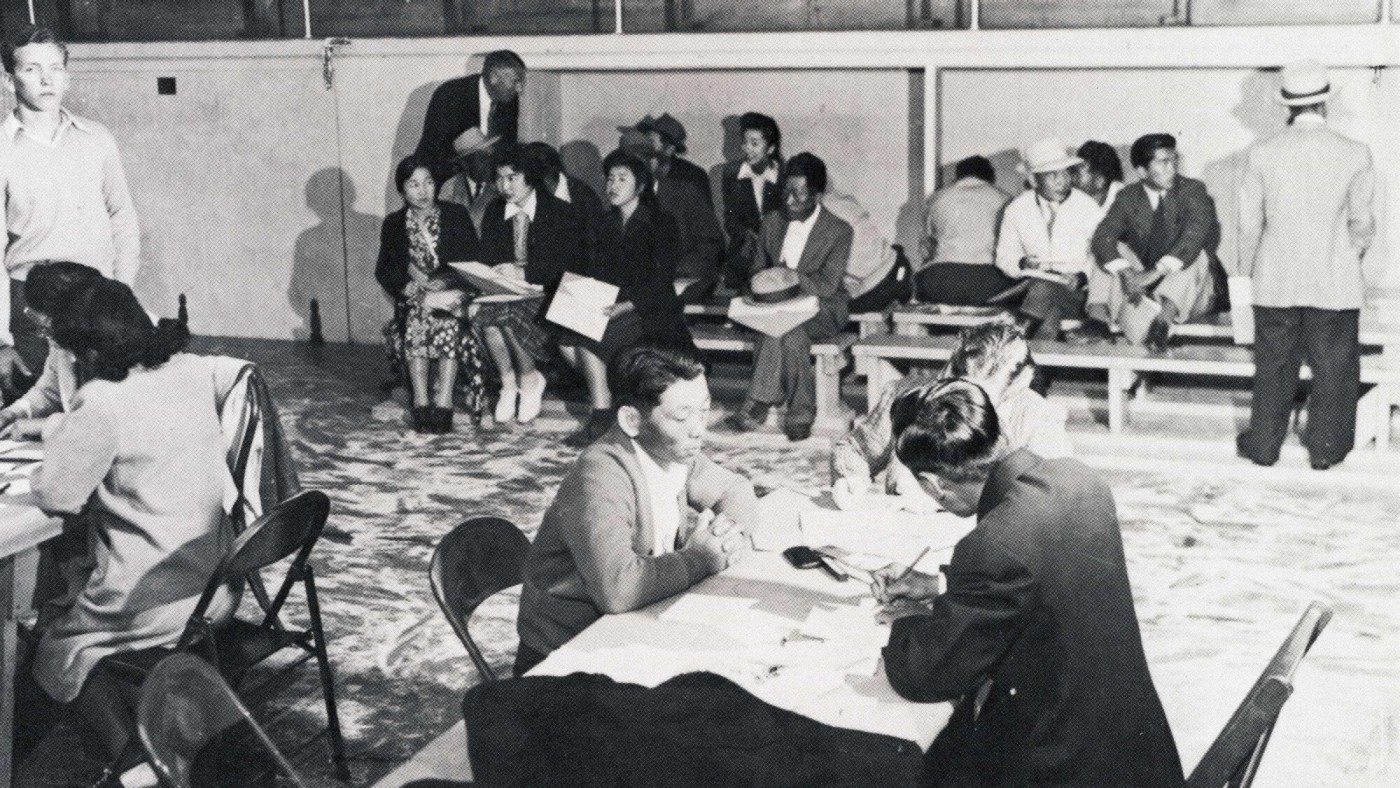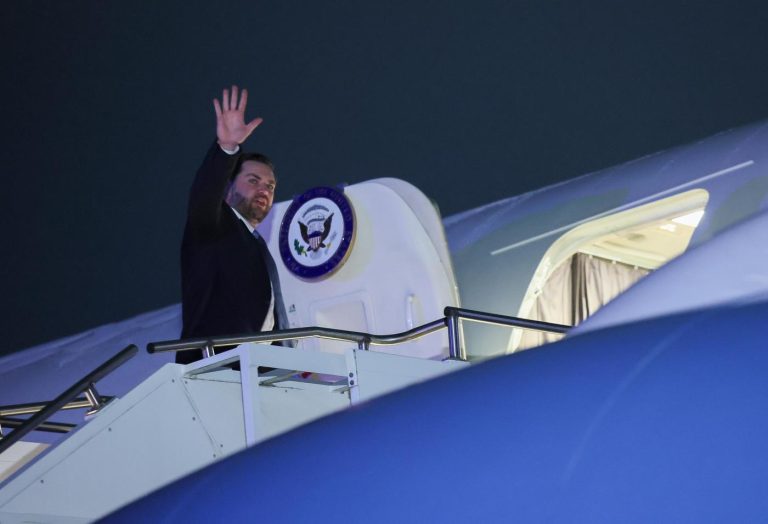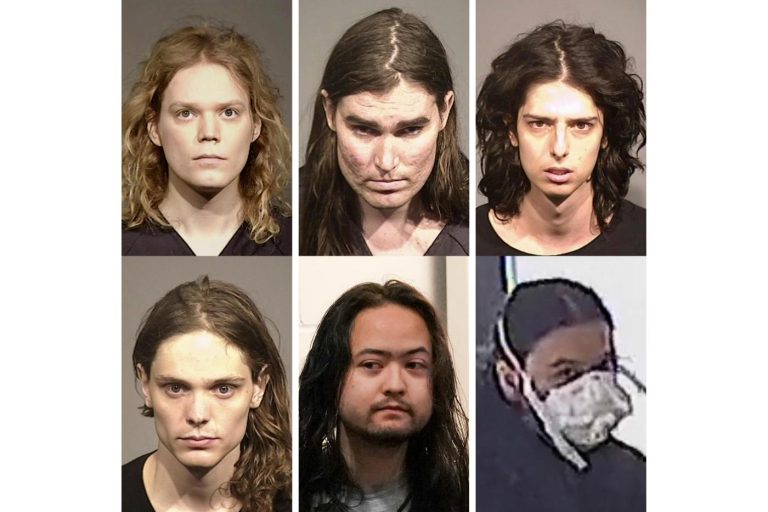President Trump has issued a host of executive orders declaring war on immigrants in this country, including the prospect of mass detention and imprisonment at Guantanamo Bay. Congress has not declared war, and these executive orders will be challenged as unconstitutional and as beyond the power of the president acting by executive order without congressional authorization. Meanwhile, people suffer.
This is a grim reminder of President Roosevelt’s Executive Order 9066, issued on Feb. 19, 1942. FDR’s order led to the incarceration of 120,000 Japanese Americans, 70% of whom were American citizens. Given only a week’s notice, they had to pack up what they could carry and report to “assembly centers” before being sent to concentration camps that were freezing in the winter and very hot in the summer.
These evacuations and incarcerations were carried out under the direction of Gen. John L. DeWitt of the U.S. Army. DeWitt propagated lies that Japanese Americans threatened national security and were signaling Japanese submarines from the West Coast in order to justify the government roundups. These claims were completely false, but they infiltrated both popular perceptions and government policy. Sound familiar?
Fred Korematsu, a resident of San Leandro, was arrested on May 30, 1942, for violating Gen. DeWitt’s order of removal. He had no criminal record. Trained as a welder, his offer to volunteer for the Navy in May 1941 was rejected. The next month he was classified 4F by his draft board because of gastric ulcers.
Represented by the ACLU, Korematsu challenged his arrest, and his case eventually ended up in the U.S. Supreme Court, which decided against him.
Years later, in 1983, a federal court overturned Korematsu’s conviction on the grounds that the forced removal orders were based on “unsubstantiated facts, distortions, and representations of at least one military commander, whose views were seriously infected with racism.” The courts also found that the government had altered documents to support their arguments before the Supreme Court as part of justifying the roundup and imprisonment of Japanese Americans. Those misrepresentations were part of the record on which the Supreme Court based its decision against Korematsu.
Related Articles
Trump administration may turn Dublin ‘rape club’ prison into immigrant detention center
‘Stay vigilant’: East Bay schools prepare for ‘unlikely’ ICE raids
King Charles’ sad, private reason for not wanting Trump to deport Prince Harry
Bay Area immigrant leaders paint dire need, but call for resilience and support
Opinion: USAID’s work is vital to America’s own national interest
Although the Korematsu decision was never formally withdrawn, on Feb. 3, 2014, speaking to students at the University of Hawaii Law School, the late Justice Antonin Scalia stated that the U.S. Supreme Court’s Korematsu decision upholding the internment of Japanese Americans during WWII was wrong, and added: “it could happen again in wartime.”
Even Justice Scalia did not anticipate these kinds of extreme measures in peace time; nor did he foresee public officials like JD Vance and others advocating the limitless power of the presidency. But unless the current Supreme Court chooses to abdicate its responsibilities as an equal part of our constitutional system that was formulated by our founders to create checks and balances in the face of the possibility of an absolute monarch, we can expect that many of Trump’s actions will likewise be invalidated.
It’s not just the courts or the Congress who have choices to make. During the roundup and imprisonment of the Japanese Americans, some other Americans loudly came to their defense. Some quietly supported them. The press mostly failed to call out the injustice, and too many Americans actively supported the roundup out of fear, racial prejudice and bigotry. These of course are the same choices we face today.
Before retiring, James M. Purcell was the vice president for University Relations at Santa Clara University. His late father, James C. Purcell, representing Mitsuye Endo, successfully argued before the U.S. Supreme Court that Executive Order 9066 did not permit the continued incarceration of admittedly loyal U.S. citizens.












